Data backup is a need, particularly for companies in the healthcare industry.
Data backup is not only a necessary and cyber-healthy survival strategy for healthcare organizations, but it is also mandated by HIPAA, the Health Insurance Portability and Accountability Act of 1996, for corporations.
You surely agree that it might be difficult to follow every guideline in the book as a healthcare provider. There are just too many things going on in everyday life, including patients, and you may find it difficult to create a reliable data backup plan if you lack the necessary funds, resources, or qualified staff.
At Intelligent Technical Solutions (ITS), we recognize the importance of maintaining HIPAA compliance for your company. We have years of expertise working with clients in the healthcare sector as a managed security service provider (MSSP). In order to secure protected health information (PHI), we offer managed IT solutions and assist customers in keeping up to speed with the most recent laws.
What are the HIPAA standards for data backup is one of the most frequent queries we receive. This article will discuss:
- What does healthcare data backup mean?
- Analyze every safety measure that needs to be implemented in your company.
It is hoped that after reading this article, you will understand the administrative, technical, and physical standards as well as the requirements for data retention periods in the healthcare industry. This will help you stay out of trouble with the law and give your patients dependable care.
What is Data Backup Plan?
The 2003 amendment to the HIPAA Security Final Rule specifies the necessity of having a backup plan in case of an emergency. Procedures for data backup must be established and put into action. Plans for emergency mode operation and disaster recovery are also necessary in addition to it. PHI or ePHI copies should be made and kept up to date as part of a data backup strategy. In the event of a system breakdown and other dire circumstances, you will be able to recover them in this manner. Your company can keep running by creating a backup of sensitive data.
Data Backup Requirements Under HIPAA
Finding all of the PHI or ePHI is the first step in developing a data backup strategy. Making sure that fresh data entering the system is backed up needs to be a regular procedure. It is more effective to create a roadmap for compliance when the data and all of its sources are inventoried. Creating effective data backup plans is also simpler.
Three categories of protections apply to HIPAA rules and regulations regarding data backup. Physical, technical, and administrative are a few of these.
Physical Treatment
Physical protections are required. Data theft and illegal access are reduced in part via secure facilities.
- Data center safety
You should only allow authorized personnel access to your data center, and security should be manned around-the-clock. - Access controls
Robust security policies and access controls are required for workstations, mobile devices, USB sticks, and other hardware. Keeping your media control systems and gadgets in check is also essential. - User account control
Every user gaining access to the server infrastructure must follow a security policy. Confidential data can be protected by limiting access to authorized users only. - Tamperproof logging
Secure and trustworthy audit trails should be provided via the systems’ automated, unchangeable logging.
Technical Requirement
Every system that handles PHI and ePHI needs to have complete backup schedules implemented by healthcare organizations and MSPs. Weekly maintenance and daily backups of your data are required. Additionally, annual and monthly backup protocols are required. These criteria are adhered to by a quality data backup solution:
- Redundancy of Data
At least three copies of your data should be stored safely in two distinct places. It is best to store one copy offshore. - Data Encryption
Electronic data held on a HIPAA-compliant infrastructure should be protected by two-factor authentication and 256-bit AES encryption. This guarantees that the information about your patients will only be accessible to your organization. decreasing the likelihood of a breach. - Data Transmissions
Your data is protected as it is transferred over public networks, network nodes, VPNs, and the internet thanks to two-factor authentication and 256-bit AES encryption. Both safeguard network communication, stop transmission interception, and obfuscate data. - Restoring Data
The ability to recover and restore backup data to a new or original place is a requirement. Adhoc test restoration must be used to test data protection (CDP) methods and ensure that data integrity standards are being fulfilled. - Data Monitoring
Regular testing and monitoring of backup services is necessary to detect and fix any defects or problems early. Reporting replication problems, backup failures, and other concerns should be part of it.
Administration Requirement
Processes for managing security, security awareness training, and emergency preparation are examples of administrative protections. Aside from this, controlling information access and delegating security duties to trained staff members are also crucial.
Observing the data retention policy is crucial to the administrative protections. Retention periods should be six years, per HIPAA regulations. Keep the following information or electronic documents:
- Risk assessments and research
- Backup planning and disaster recovery strategies
- Documentation for the physical upkeep of security
- Documentation of breach notifications
- Agreements with business associates.
Medical records are not covered by the data retention policy at this time.
Are You Prepared for Implementing a HIPAA-Compliant Data Backup Strategy into Action?
Data loss can have serious repercussions. For healthcare organizations that manage private and sensitive medical data, this is especially true. You can lose millions of dollars in fines in addition to having to stop operations and risk damaging your brand.
Therefore, it’s crucial to maintain compliance with HIPAA data backup regulations. Technical, administrative, and physical security measures must be implemented in order to provide a reliable data backup system. Make sure to keep duplicates in safe places. Record and test your policies and procedures on a regular basis. When traveling and at rest, encrypt your data. Additionally, remember to abide by the data retention policy.

